The latest guidance is out for the prescription and monitoring of non-biologic disease-modifying anti-rheumatic drugs (DMARDs). It’s aimed at primary and secondary care practitioners managing patients with rheumatic disease in the UK.
Significant updates include:
(1) Harmonisation of monitoring schedules, recommending that all DMARDs that require laboratory monitoring follow the same frequency of testing
(2) More nuanced discussion of the use of methotrexate in lung disease is provided, drawing from the two large meta-analyses recently published.
(3) Significant change is made regarding the evaluation of retinal toxicity for hydroxychloroquine users:
Lead author Dr James Galloway, Senior Clinical Lecturer at King’s College London says:
“These updates have two major focuses: firstly, streamlining monitoring schedules wherever possible, given the myriad of different regimens across drugs, and most of the schedule variations were somewhat arbitrary in their origins; second, to review and incorporate the evidence base available, acknowledging several key publications that have emerged since the first guidance.…
Read more of this article
 The Next Steps on the NHS Five Year Forward View document was published on March 31st 2017 as an update to the original Five Year Forward View published in October 2014.
The Next Steps on the NHS Five Year Forward View document was published on March 31st 2017 as an update to the original Five Year Forward View published in October 2014.


 Putting forward models of care and examples of practice for the NHS is a large part of how Sport and Exercise Medicine (SEM) is influencing the MSK landscape. The Faculty of Sport and Exercise Medicine’s
Putting forward models of care and examples of practice for the NHS is a large part of how Sport and Exercise Medicine (SEM) is influencing the MSK landscape. The Faculty of Sport and Exercise Medicine’s 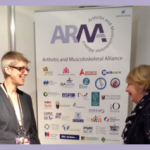
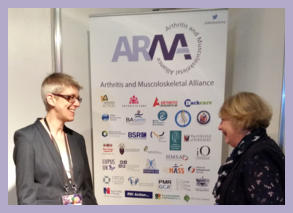

 Last Friday, March 31st, NHS England published a significant document about the future of the NHS:
Last Friday, March 31st, NHS England published a significant document about the future of the NHS: 
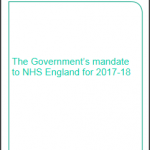



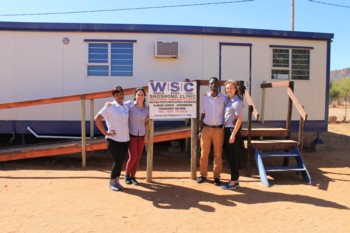

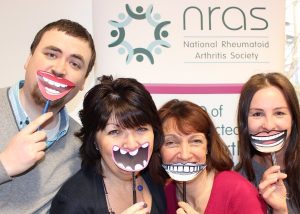 RA Awareness Week is coming soon…19-25 June 2017.
RA Awareness Week is coming soon…19-25 June 2017.